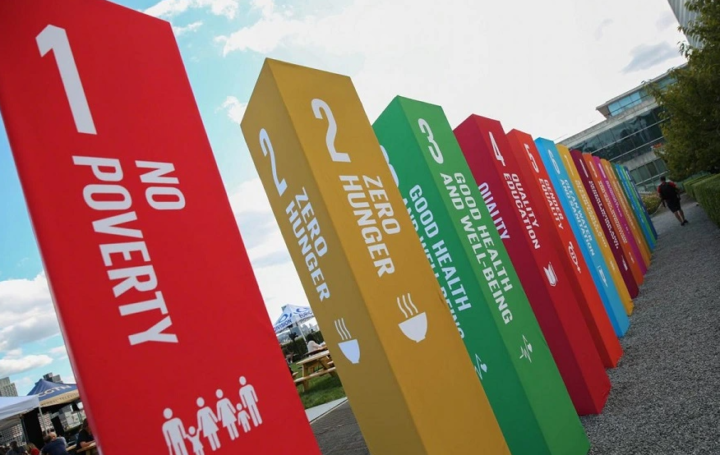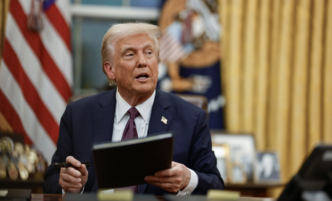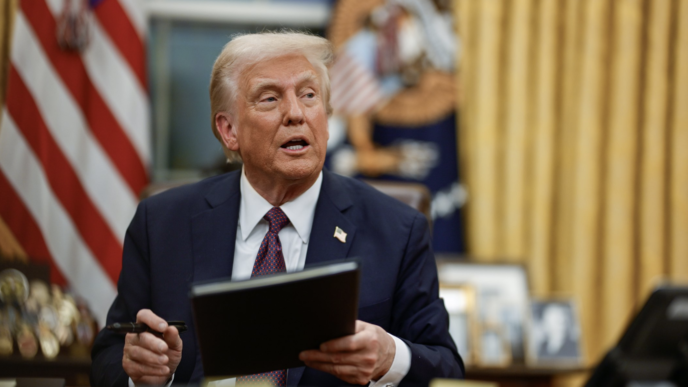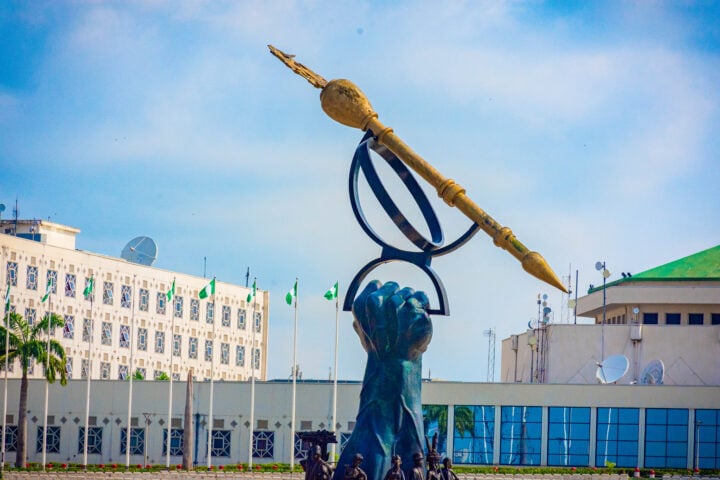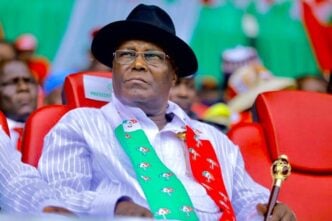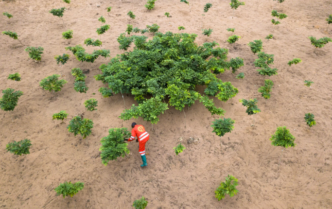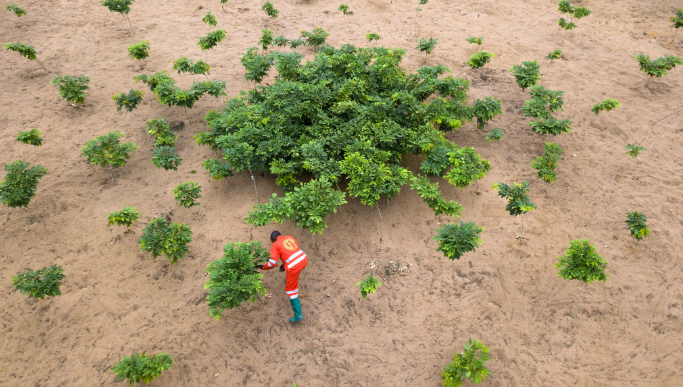BY MUSTAPHA LAWAL
Nigeria risks falling short of the United Nations’ Sustainable Development Goals (SDGs). Despite the country’s status as Africa’s largest economy. Nigeria faces significant challenges, including inadequate infrastructure, economic instability, and governance lapses, which stifle its people’s economic freedom and prosperity.
To bridge the gap between current realities and the SDGs targets, Nigeria must adopt a fresh approach centered on the principles of economic freedom. Nigeria can overcome its current setbacks by fostering public-private partnerships, strengthening local governance, and embracing data-driven solutions.
The SDGs adopted by the United Nations (UN) in 2015, represent a global framework aimed at eradicating poverty, reducing inequality, and fostering sustainable development by 2030. As one of the 193 UN member states, Nigeria pledged to implement these goals across its socio-economic landscape. Since 2015, Nigeria has made various efforts to align its development agenda with the SDGs.
Advertisement
The country established the office of the senior special assistant to the president on SDGs to coordinate and monitor SDG implementation. Initiatives such as the Economic Recovery and Growth Plan and the National Development Plan incorporate elements of the SDG framework. However, despite these measures, tangible progress in reducing poverty levels, improving education access, and enhancing healthcare services as prescribed by the SDGs has remained elusive for millions of Nigerians.
At the state level, significant gaps persist due to limited financial resources, inconsistent policy implementation, and weak institutional frameworks at both federal and state levels. Many states lack the technical capacity and coordination mechanisms needed to fully adopt and implement SDG-aligned strategies. Consequently, reports show that millions of Nigerians still live below the poverty line, exacerbated by uneven resource distribution and systemic inefficiencies that perpetuate inequality across regions.
Achieving the SDGs could unlock unparalleled growth opportunities for Nigeria, but this objective requires innovative approaches beyond reliance on government intervention. Private sector engagement holds immense potential to address Nigeria’s SDG setbacks. Public-private partnerships can leverage private investment and expertise to tackle critical issues like renewable energy, technology, and healthcare. The federal and state governments should incentivise private companies to invest in these vital sectors.
Advertisement
For instance, by offering incentives like tax breaks and streamlined regulatory frameworks, the government can attract firms to deploy solar energy in underserved rural areas, providing affordable electricity. Civil society organisations can mediate these partnerships, ensuring projects address community-specific needs. These partnerships will create jobs and enable communities to access essential services, driving long-term economic growth.
Governance reform is non-negotiable if Nigeria is to achieve the SDGs. The federal and state governments must empower local authorities, such as local government bodies, traditional rulers, market leaders, and community associations, by providing them with adequate financial, technical, and human resources to implement community-specific solutions effectively. Due to local governments’ proximity to the citizens, they can better address grassroots challenges, such as access to clean water and sanitation.
Strong institutions that enforce accountability and transparency are the backbone of sustainable development. Civil society organisations should lead efforts to establish accountability mechanisms, conduct citizen-led audits, and ensure government agencies regularly report to the public. These accountability measures build public trust and actively engage citizens in development programs, ensuring they are tailored to effectively address local needs.
Reliable data is the foundation of effective policy-making. A centralized and transparent data system is key to tracking SDG progress. The National Bureau of Statistics should collaborate with tech firms specialising in data solutions, such as Nigeria’s Co-Creation Hub or Andela, to create digital platforms that aggregate and display real-time data on critical indicators like healthcare access or school enrollment. Such a system allows policymakers to identify gaps quickly and adjust strategies accordingly.
Advertisement
Non-governmental organisations can also use this data to advocate for underserved regions, while citizens can monitor progress and hold authorities accountable. For example, real-time tracking of healthcare needs can direct resources to underserved areas, improving outcomes and reducing disparities.
Transparency in data reporting also allows citizens to hold decision-makers accountable, reinforcing trust in the system and ensuring that development efforts benefit all Nigerians. Accurate data fosters efficiency, transparency, and equitable resource allocation, ultimately accelerating SDG achievement.
Nigeria’s journey toward achieving the SDGs is not just about meeting global targets; it is also about securing its people’s economic freedom and prosperity. These recommendations could chart a path toward prosperity while addressing the nation’s pressing challenges.
Mustapha Lawal is a writing fellow at African Liberty.
Advertisement
Views expressed by contributors are strictly personal and not of TheCable.
Add a comment
